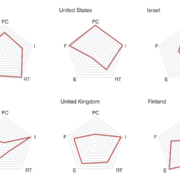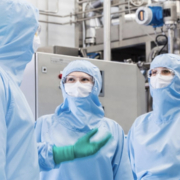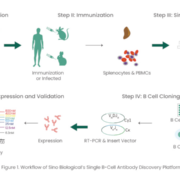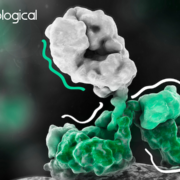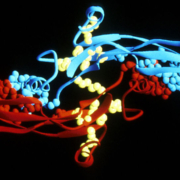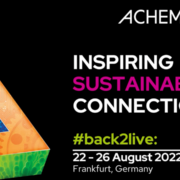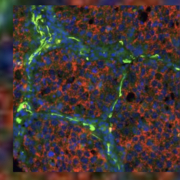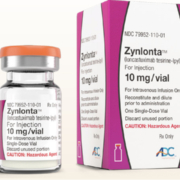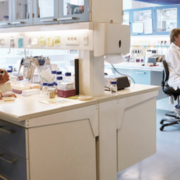A current Nature study specifies the most competitive health biotech sectors worldwide and puts Switzerland at the top, Sweden second and the USA third. Does the new math convince?
ADVERTISEMENT
GlaxoSmithKline (GSK), one of the UK’s large pharma player, has voted to spin-off its consumer healthcare business into a new company called Haleon. Shareholders gave the go-ahead for GSK to demerge on 6, July, first trading day is today, 18th of July.
European Medicines Agency (EMA) has accepted the application for biosimilar natalizumab, a proposed biosimilar to Tysabri® (Biogen) in the indication of Multiple Sclerosis (MS).
Since the approval of Orthoclone OKT3 in 1986, more than 100 monoclonal antibodies (mAbs) have been approved by the Food and Drug Administration (FDA) to treat a variety of diseases ranging from autoimmune disorders, infectious diseases, and cancer [1-2]. In the context of the current COVID-19 pandemic, it´s crucial that these biologics are developed rapidly and efficiently. Among various antibody discovery approaches, including hybridoma technology, single B cell screening is a powerful and efficient strategy for generating antigen-specific mAbs based on the direct amplification of the VH and VL regions encoding genes from single B cells [3-4]. Notably, single B cell screening has various advantages that include maintaining the naïve VH/VL pairing, requiring relatively few cells, and the ability to discover antibodies against challenging targets.
Nanobodies are emerging as important tools for tumor diagnosis and treatment due to their small size, simple humanization, low immunogenicity, superior affinity and stability, high penetration, and adequate levels of solubility, and are expected to revolutionize the antibody-based drug therapy. In 2018, the world´s first nanobody was approved for marketing in the European Union to treat adult patients with acquired thrombotic thrombocytopenic purpura. At present, more than 20 nanobodies are being tested in clinical research worldwide, mostly in clinical phase I or II.
Agomab Therapeutics NV from Ghent, Belgium, today announced it has extended its Series B financing round with an additional close of $40.5 million (€38.4 million), bringing the total Series B amount raised to $114 million. Pfizer led the extension with an investment through its Pfizer Breakthrough Growth Initiative.
ACHEMA is the world forum and leading trade show for the chemical, pharmaceutical and food industries. It’s where new developments are unveiled and trends are discussed.
Navinci Diagnostics AB, a Swedish life science company formerly known as Olink developing innovative tools for spatial proteomics research, announces the closing of SEK 90 million financing. The round was led by Segulah Medical Acceleration, a Scandinavia-based life science-focused investment company, together with existing shareholders, including Landegren Gene Technology AB, Nexttobe AB, and Beijer Ventures AB.
In a deal worth around USD435m Swiss ADC therapeutics grants Swedish Orphan Biovitrum (SOBI) the rights to market freshly approved Zynlonta outside the US.
The European Circular Bioeconomy Fund (ECBF) expands its industrial biotechnology portfolio by joining the financing Series B of danish Biosyntia ApS. Biosyntia is a precision fermentation company focused on bio-based production for products such as vitamins and other ingredients.


